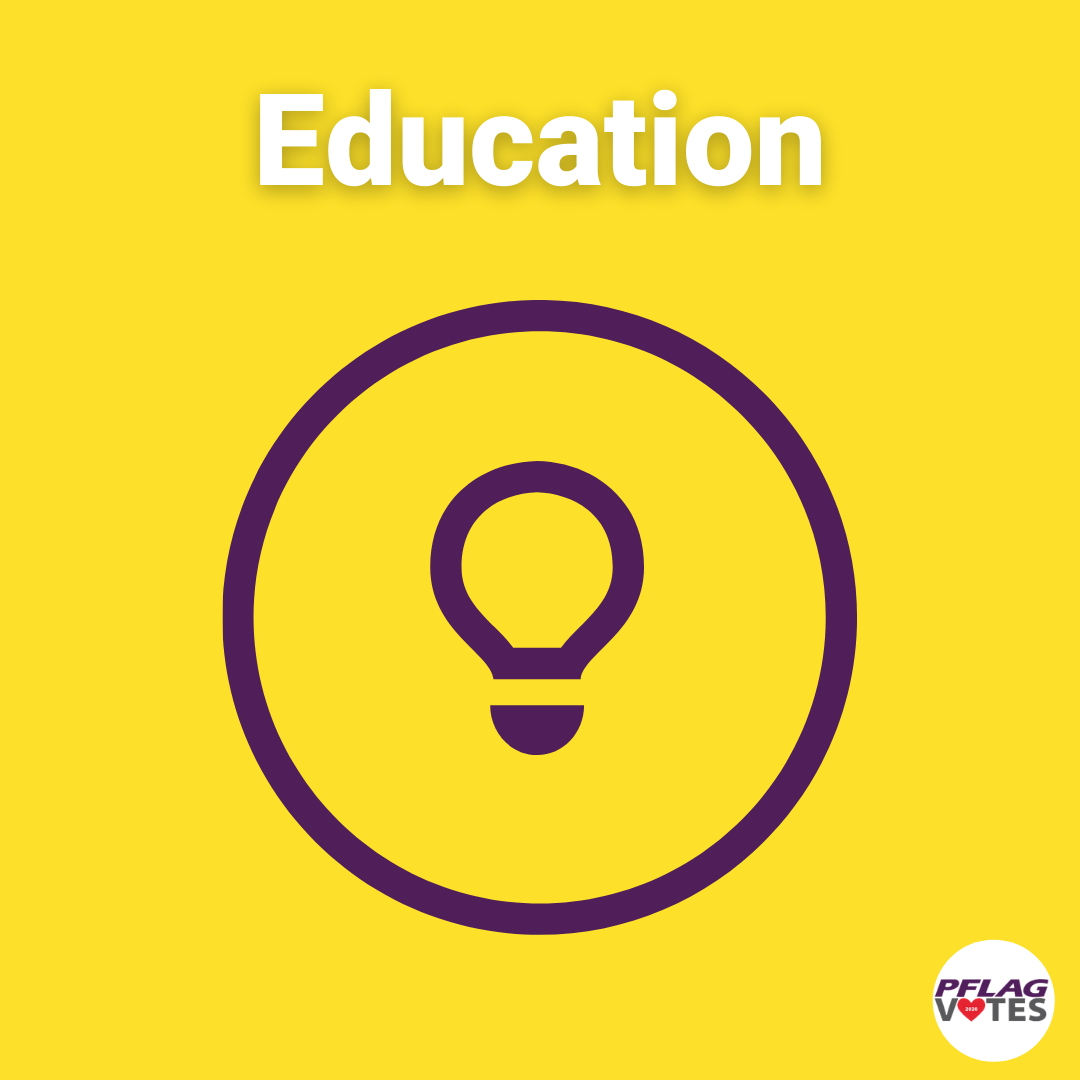Dear John:  This week, two of the major political parties will meet to officially nominate their candidates for President and Vice President of the United States. An important issue is how your LGBTQ+ loved ones would fare under the leadership of winning candidates of different parties. This email has educational resources to help you follow the national conventions for the Democratic (Aug. 17-20) and Republican (Aug. 24-27) parties as they happen, as well as information from the Green and Libertarian party conventions, which occurred in July. This week, two of the major political parties will meet to officially nominate their candidates for President and Vice President of the United States. An important issue is how your LGBTQ+ loved ones would fare under the leadership of winning candidates of different parties. This email has educational resources to help you follow the national conventions for the Democratic (Aug. 17-20) and Republican (Aug. 24-27) parties as they happen, as well as information from the Green and Libertarian party conventions, which occurred in July. Party Platforms Selecting a political party, or choosing no party, is often about aligning your personal values and policy priorities with those of a party. These priorities are established in the “party platform.” Every four years, each political party adopts a guiding platform, the principles candidates at all levels—from someone running for school board to candidates for Congress to President of the United States—pledge to uphold. The platforms are drafted in advance of the convention by a committee and are formally adopted during the convention. Here are the 2020 platforms for the four largest political parties in the U.S (in alphabetical order): Democratic Party Platform | Green Party Platform | Libertarian Party Platform | Republican Party Platform* * Re-adopted the 2016 platform, with no changes. Non-Partisan Fact-Checkers To parse fact from fiction and to make sense of claims made throughout convention and election season, here are some trustworthy fact-checking sources: - FactCheck.org, a project of the Annenberg Public Policy Center. Monitors the factual accuracy of what is said by major U.S. political players in the form of TV ads, debates, speeches, interviews and news releases.
- FactChecker by The Washington Post is a website and a column in the Sunday print edition of the paper to evaluate, provide context, and analyze the statements of political figures. It also explains politically-charged “code words” used to obscure the truth.
- PolitiFact.com by the Poynter Institute for Media Studies looks at specific statements made by politicians and rates them for accuracy with its “Truth-O-Meter.”
- Snopes.com investigates urban legends, hoaxes, folklore, and misinformation to uncover the truth.
- PunditFact is part of Politifact.com and checks the accuracy of claims by pundits, columnists, bloggers, political analysts, and the hosts and guests of talk shows.
Be sure to tune in, check facts, and as always, thanks for all you do! Sincerely,
Your friends at PFLAG National P.S. Don't forget to take the #2020VotePlan challenge—visit pflag.org/2020voteplan to get started! |
|